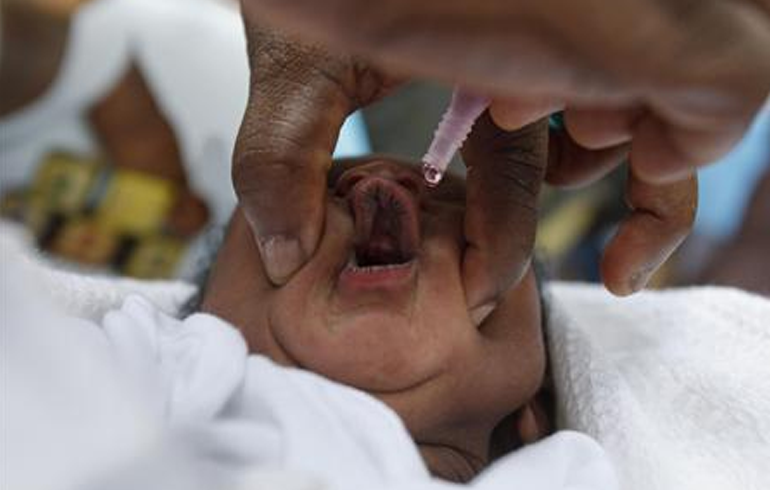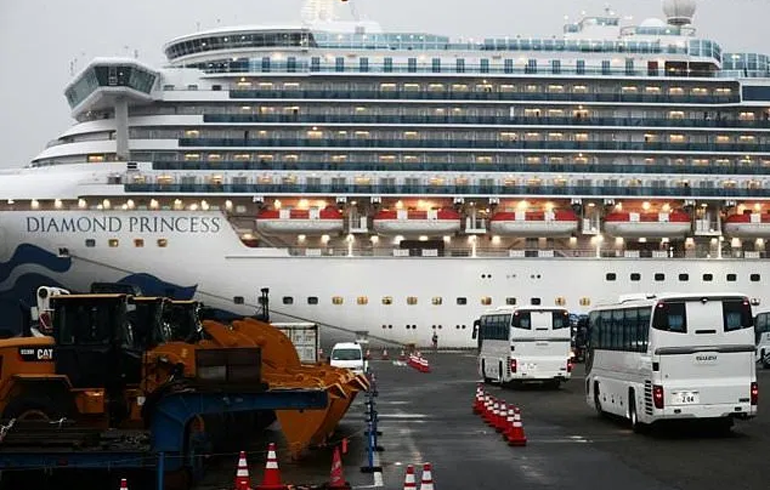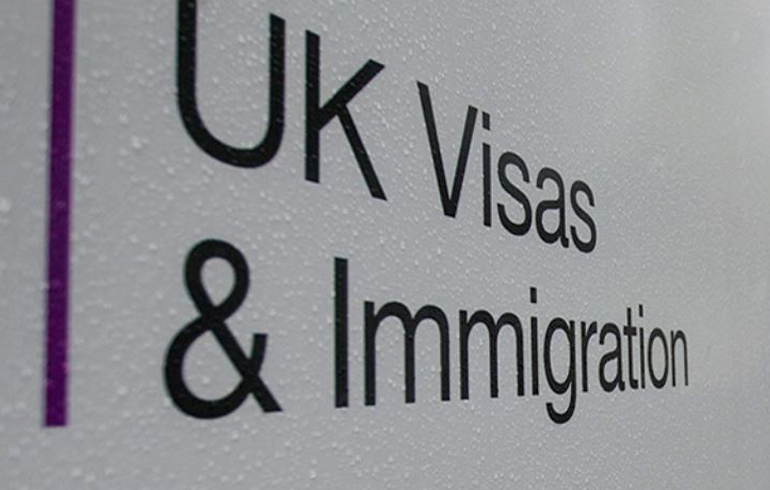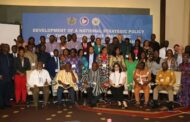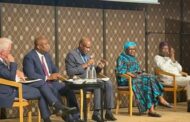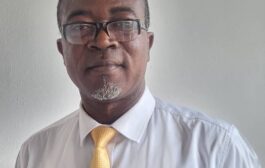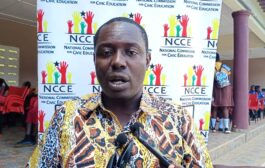A total of 252,855 children between twenty-one to forty-seven months in the Eastern Region are expected to be immunized with the In-activated Polio Vaccine (IPV).
The mass IPV immunization exercise which commenced on Wednesday, 19th of February, 2020 and expected to end on Tuesday, February 25, 2020, shall be conducted in all the 33 districts in the region at the various health centres, schools, social gathering as well as other vintage places.
The Deputy Eastern Regional Director of Public Health, Dr Albert Antorbre Boateng in a presentation during a stakeholder engagement yesterday revealed that Ghana’s plan to introduce the IPV into routine immunization in 2015 could not materialize due to some unforeseen circumstance.
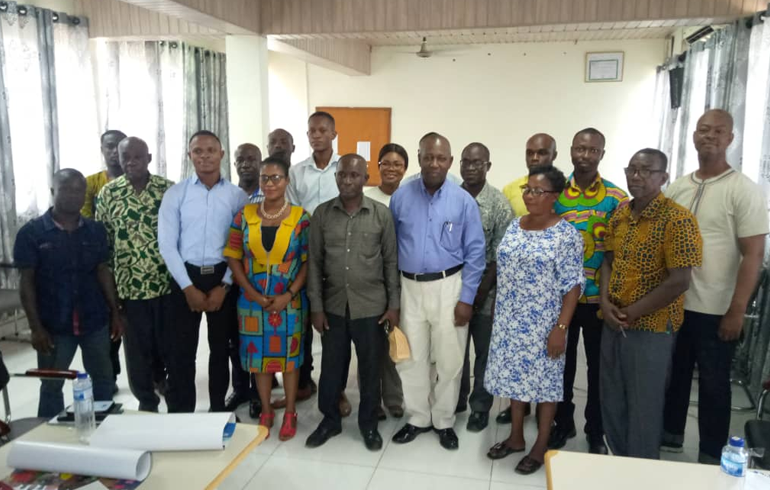
He said though Ghana switched from trivalent Oral Polio Vaccine (tOPV) to bivalent Oral Polio Vaccine (bOPV) in April 2018, the IPV was introduced in June 2018 due to global shortage which made it impossible to immunize children born from January 2016 to February 2018.
He indicated that, approximately, two million population of children between twenty- one to forty –seven months are type-2 virus naïve in the midst of poliovirus type-2 circulation.
The IPV virus, he said is transmitted from person- to- person through the faecal-oral route and multiplies in the intestine where it can invade the nervous system.
He said people living in the areas with limited running water or flush toilet risk contracting the virus from drinking water contaminated by human waste that contains the virus.
Dr Antobre Boateng indicated that the campaign was necessary to ensure that children are better protected from all forms of poliovirus.
He noted the objective of the IPV catch up campaign was to raise population immunity against poliovirus type-2, strengthen routine immunization, prevent polio outbreaks in the country as well as strengthen Alpha-Fetoprotein (AFP) surveillance.
He said to achieve this goal, effective communication processes are required for engaging communities and other relevant stakeholders to ensure that they accept the campaign and provide active support for implementation, not only beneficiaries but also as custodians.
Source: Mybrytfmonline/Bismark Sackey



